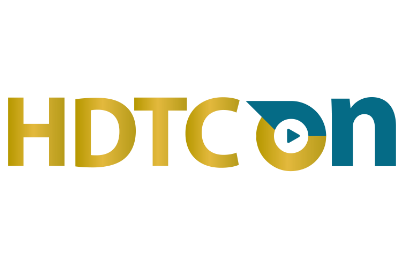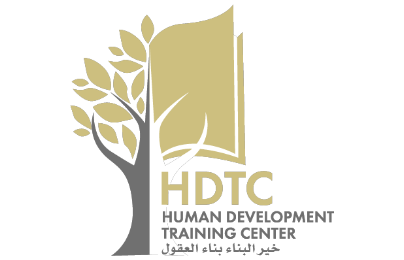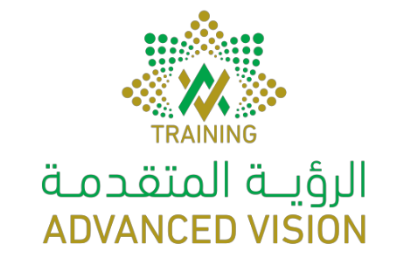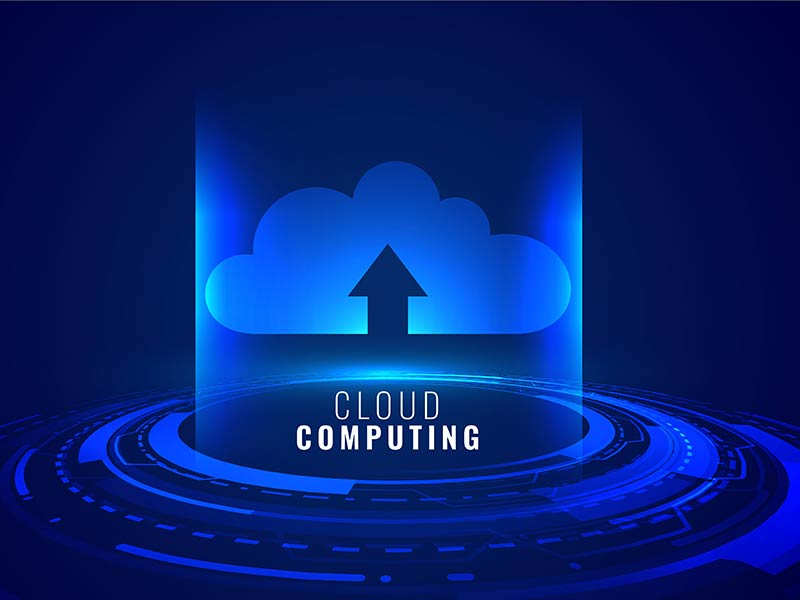Oracle Certified Professional, Java EE 7 Application Developer
The Oracle Java EE 7 Application Developer exam validates programming capability to develop and deploy applications using Java Platform, Enterprise Edition 7. It is targeted to intermediate to advanced level Java Front-End and Back-end application developers, architects, and software engineers who possess expertise utilizing Java EE 7 technology to create web-based user interfaces using JavaScript along with JSPs, JSFs, servlets, and handle business logic. Up-to-date training hands-on programming experience and previous Java SE certification is recommended.
Course Info
This certification evaluates Java EE programming competency and evaluates the ability to:
- Understand Java EE Architecture
- Manage Persistence using JPA entities and Bean Validation
- Implement business logic using EJBs
- Use Java Message Service API
- Implement SOAP Services using JAX-WS and JAXB APIs
- Create Java Web Applications using Servlets and JSPs
- Implement REST Services using JAX-RS API
- Create Java Applications using WebSocket
- Develop Web Applications using JSF
- Secure Java EE 7 Applications
- Use CDI Beans, concurrency API, and Batch API
Understand Java EE Architecture
- Describe Java EE 7 standards, containers, APIs, and services
- Differentiate between application component functionalities as they apply to different tiers and containers, including Java EE Web Container, Business Logic implementation, and web services
- Create, package, and deploy Java EE application
- Demonstrate understanding of Enterprise JavaBeans and CDI beans, their lifecycle, and memory scopes
- Demonstrate understanding of the relationship between bean components, annotations, injections, and JNDI
Manage Persistence using JPA Entities and Bean Validation
- Create JPA Entity and Relationship Object-Relational Mappings (ORM)
- Use Entity Manager to perform database operations, transactions, and locking with JPA entities
- Handle entity data with conversions, validations, and key generation
- Create and execute JPQL statements
Implement Business Logic by Using EJBs
- Create session EJB components containing synchronous and asynchronous business methods, manage the life cycle container callbacks, and use interceptors
- Demonstrate understanding of how to control EJB transactions, distinguish Container Managed (CMT) and Bean Managed (BMT) transactions
- Create EJB timers
Use Java Message Service API
- Describe the Java Message Service (JMS) messaging models and implement Java SE and Java EE message producers and consumers, including Message-Driven beans
- Use transactions with JMS API
Implement SOAP Services by Using JAX-WS and JAXB APIs
- Create SOAP Web Services and Clients using JAX-WS API
- Define Java to XML Schema mappings to marshall and unmarshal Java Objects by using JAXB API
Create Java Web Applications using Servlets
- Create Java Servlets, describe how they are mapped to URLs and use HTTP methods
- Handle HTTP headers, parameters, cookies
- Manage servlet life cycle with container callback methods and WebFilters
Create Java Web Applications using JSPs
- Describe JSP life cycle
- Describe JSP syntax, use tag libraries and Expression Language (EL)
- Handle errors using Servlets and Java Server Pages
Implement REST Services using JAX-RS API
- Understand and Apply REST service conventions
- Create REST Services and clients using JAX-RS API
Create Java Applications using WebSocket’s
- Understand and utilize WebSockets communication style and lifecycle
- Create WebSocket Server and Client Endpoint Handlers using JSR 356 API and JavaScript
- Produce and consume, encode, and decode WebSocket messages
Develop Web Applications using JSF
- Describe JSF architecture, lifecycle, and navigation
- Understand JSF syntax and use JSF Tag Libraries
- Handle localization and produce messages
- Use Expression Language (EL) and interact with CDI beans
Secure Java EE 7 Applications
- Describe Java EE declarative and programmatic security and configure authentication using application roles and security constraints and Login Modules
- Describe Web Services security standards
Use CDI Beans
- Create CDI Bean Qualifiers, Producers, Disposers, Interceptors, Events and Stereotypes
Use Concurrency API in Java EE 7 Applications
- Demonstrate understanding of Java Concurrency Utilities and use Managed Executors
Use Batch API in Java EE 7 Applications
- Describe batch jobs using JSL XML documents and JSR 352 API
The main benefits of Oracle Certification are:
- Professional Credibility: Credibility in the workplace is earned through a combination of training and certification. Through the certification preparation process, knowledge is retained for a longer period of time.
- Empowerment: Earning a certification can help you earn more money, which will benefit you throughout your career.
- Job Satisfaction - Certification can help you feel more satisfied at work, whether it's because you're learning new skills, making more money, obtaining greater opportunities, or receiving special recognition.
- Opportunities and recognition have increased: "Improve professional profile or status" is the most common reason for getting certification. Being viewed as knowledgeable and capable is closely tied to the opportunities you obtain in the corporate world.
- work opportunities: Adding the JAVA EE 7 certification to your resume and a list of other qualifications qualifies you for talents in mobile and online application development that are in high demand.
- better future as a Java programmer: Java enterprise developer, and Application Developer in one of the top companies in the world
- Java Developers/Programmers
- Software Architects
- Enterprise Developers
- Back-end Developers
- Application Developers
- Full Stack Developers
- System Analysts who focus on the Java platform
- Technical Project Managers overseeing Java EE projects
- IT Professionals with experience in Java SE looking to upgrade to Java EE
- Middleware Engineers
- DevOps Engineers working with Java EE applications
- Java EE Application Support Engineers
- Software Engineers transitioning from other languages/platforms to Java EE
- Professionals preparing for Java EE certification exams
To ensure that you can successfully undertake training in the Java EE 7: Back-end Server Application Development Ed 2 course, the following prerequisites are recommended:
- Basic understanding of Java programming language (equivalent to having taken a Java SE programming course or similar experience).
- Familiarity with Integrated Development Environments (IDEs), such as Eclipse or IntelliJ IDEA.
- Basic knowledge of database concepts and SQL.
- Understanding of web technologies like HTML, CSS, and JavaScript is helpful but not mandatory.
- Some experience with server-side application development, although in-depth expertise is not required.
- Willingness to learn and adapt to new programming concepts and architectures used in enterprise-level application development.
Java Platform, Enterprise Edition 7 (Java EE 7) offers new features that enhance HTML5 support, increase developer productivity, and further improves how enterprise demands can be met. Java EE 7 developers will write less boilerplate code, have better support for the latest Web applications and frameworks, and gain access to enhanced scalability and richer, simpler functionality. Enterprises will benefit from new features that enable portable batch processing and improved scalability.
- Java EE Developer
- Full-Stack Developer
- Software Engineer
- Cloud Application Developer
- Microservices Developer
- DevOps Engineer
The Oracle Java EE 7 Application Developer exam validates programming capability to develop and deploy applications using Java Platform, Enterprise Edition 7. It is targeted to intermediate to advanced level Java Front-End and Back-end application developers, architects, and software engineers who possess expertise utilizing Java EE 7 technology to create web-based user interfaces using JavaScript along with JSPs, JSFs, servlets and handle business logic.
- The exam number for Oracle Certified Professional, Java EE 7 Application Developer exam is 1Z0-900.
- Only Oracle Certified Associate are eligible to write this exam.
- This exam question paper contains 70 multiple-choice questions which have to be answered within a duration of 120minutes.
- Exams are only valid for the date on which you registered. You forfeit your exam fees if you do not show up for the exam.
